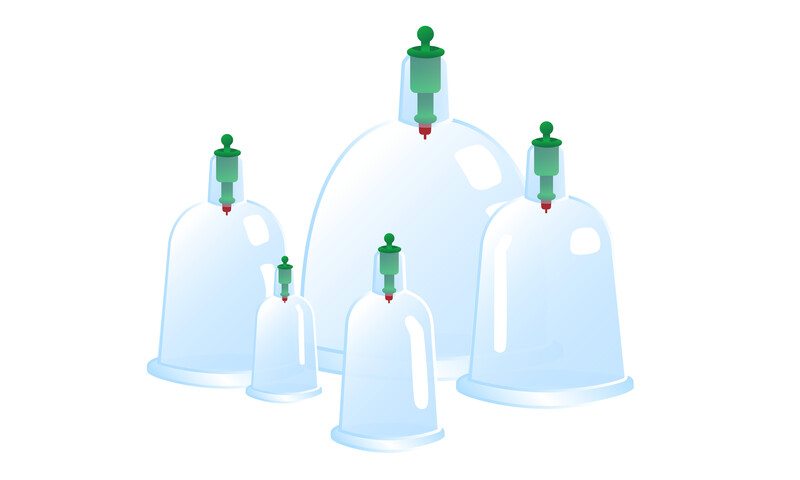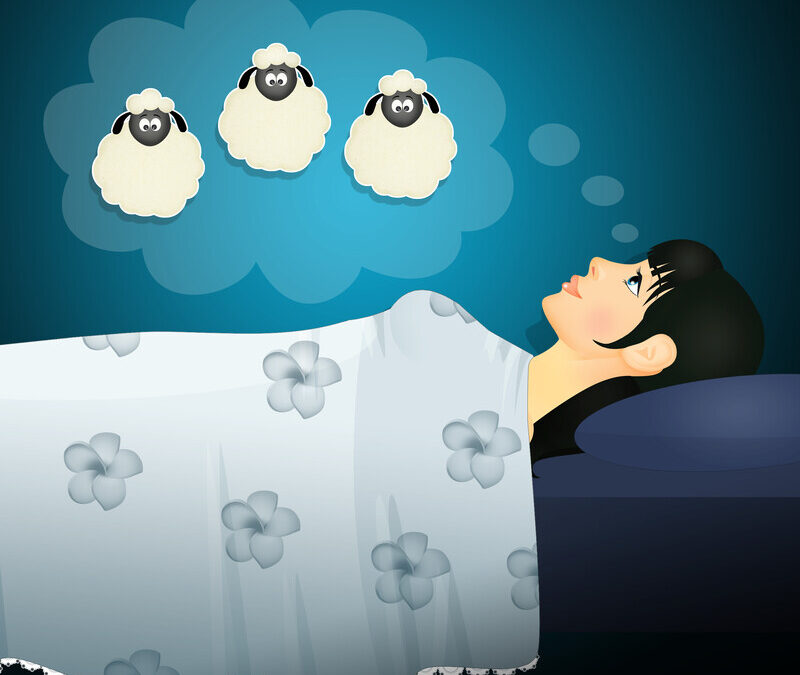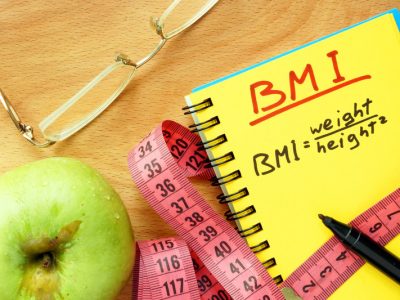Parents’ Adverse Childhood Experiences and Children’s Chronic Pain
Adverse childhood experiences, according to the Centers for Disease Control and Prevention, are common. In fact, around 61% of adults report that they had at least one adverse childhood experience, while 1 in 6 adults report that they experienced at least four of them (1). There are numerous problems that such experiences can lead to, including having an impact on their own children when those people become parents.
Numerous types of events are considered to be adverse childhood experiences, including a child experiencing violence, neglect or abuse, or witnessing violence within their home or in their community. When people are impacted by adverse childhood experiences, they may have emotional and physical problems that continue into adulthood. Such experiences are linked to adults going on to have mental illnesses, substance abuse problems, and chronic health problems.
October 2020 issue of the journal Pain Reports
Researchers set out to see how prevalent it is for parents who had adverse childhood experiences to have children who experience chronic pain. They published the findings of their study . To conduct this assessment, they had 170 parents participate who have children ages 10-18 who have chronic pain. In which a comparison sample from the community was taken.
They found nearly 68% of the parents who have children with chronic pain had at least one adverse childhood experience themselves. Also found that 23% of those parents had at least four adverse childhood experiences. Then took it a step further, controlling for sociodemographic factors, and found that the parents who had the adverse childhood experiences reported a rate of physical neglect that was significantly higher when compared with the community-based sample.
This information may be helpful to those who work with children who have chronic pain. If they’re able to identify that the parents had adverse childhood experiences, they may be able to make suggestions. From being able to suggest support groups and beneficial therapy to providing information on how to help prevent adverse childhood experiences from happening to their children, there may be ways to help the child and parent at the same time.
Children who have been taught how to become more resilient may be able to lessen the consequences of adverse experiences. They can learn to become:
- More resilient by building strong social connections
- Having resilient parents
- A sense of purpose
- Having problem-solving skills
Parents can benefit from getting support, and learning positive parenting skills.
More research needs to be done regarding the connection between the two issues, but this offers some helpful information for those who are helping children who have chronic pain.
Sources:
Centers for Disease Control and Prevention. Preventing Adverse Childhood Experiences. https://www.cdc.gov/violenceprevention/aces/fastfact.html
Pain Reports. Adverse childhood experiences in parents of youth with chronic pain: prevalence and comparison with a community-based sample. October 2020. https://pubmed.ncbi.nlm.nih.gov/33134755/







